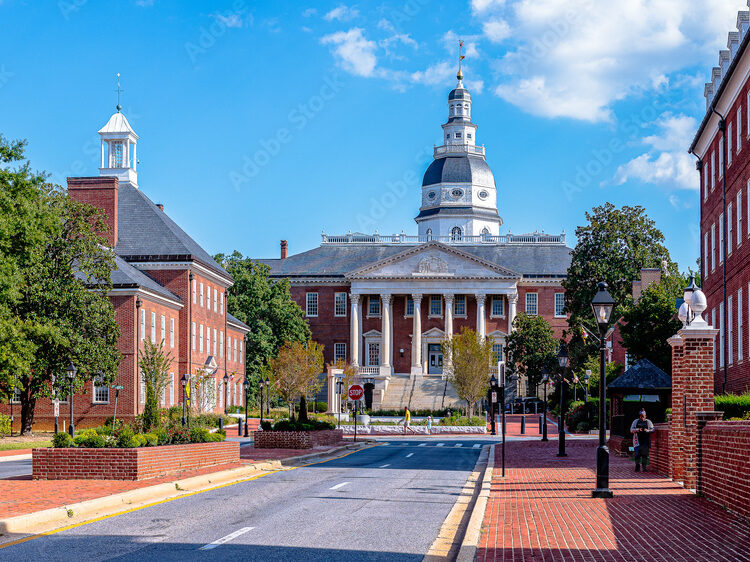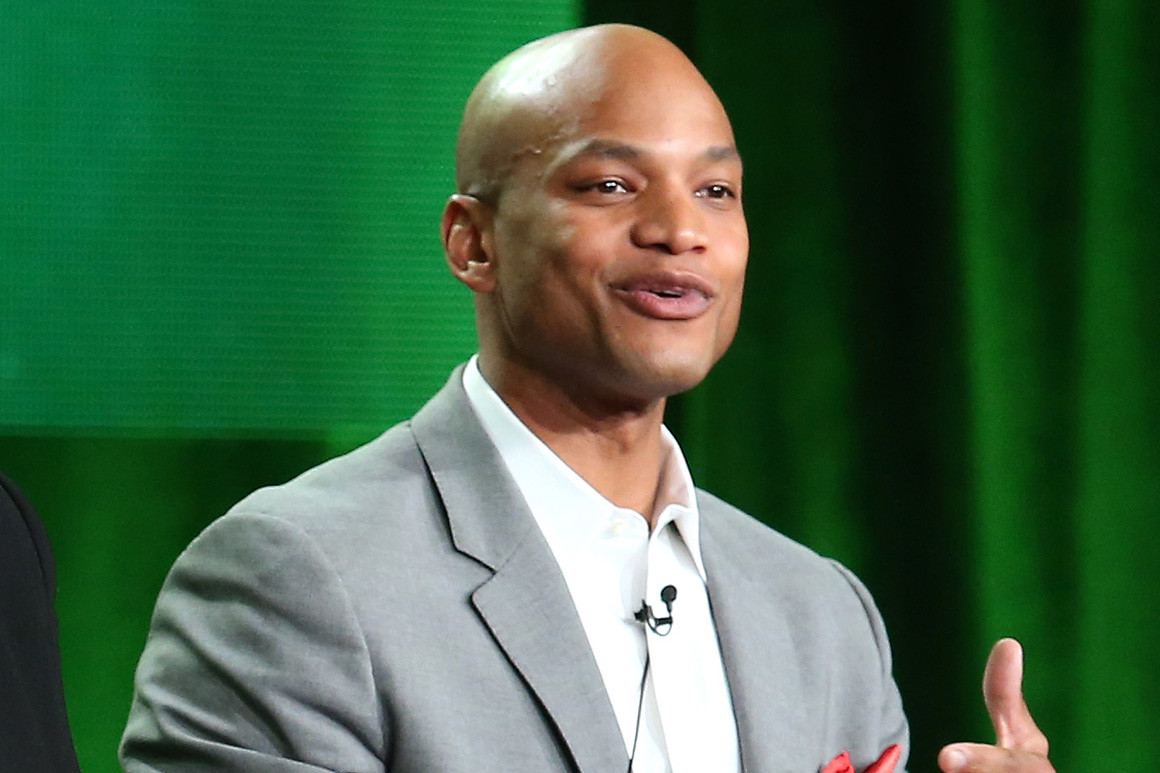Analysis: In budget introduction, Moore takes down Hogan policies
In the weeks leading up to Gov. Wes Moore’s swearing in Wednesday, some of his advisers privately suggested that the early days of his administration would reveal some uncomfortable truths about outgoing Gov. Larry Hogan’s stewardship of state government. Hogan (R) had campaigned vociferously against the record of his predecessor, former Gov. Martin O’Malley (D) in 2014 — particularly when it came to spending, taxes and economic development — and continued to use O’Malley as a punching bag for the entirety of his administration. Moore (D), in contrast, was considerably more circumspect on the campaign trail, referring obliquely to challenges facing the state without directly attributing problems to Hogan.

